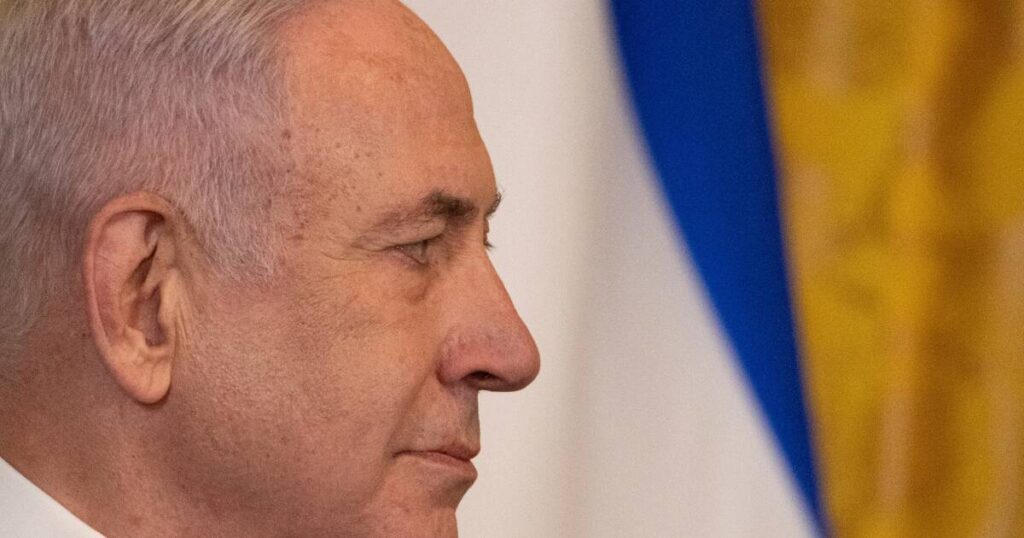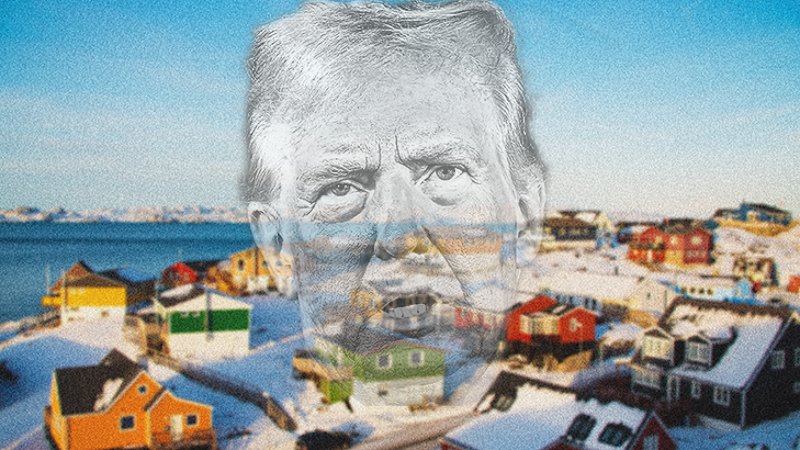
UPDATE: Western nations are ramping up pressure on Israel as criticism mounts over the ongoing conflict in Gaza. Italian Defence Minister Guido Crosetto declared that the Israeli cabinet has “lost its reason and humanity,” igniting a global outcry. As Israeli Prime Minister Benjamin Netanyahu continues his defiant stance, several Western countries are now moving towards recognizing the state of Palestine—a significant shift in international policy.
Officials anticipate further developments ahead of the UN General Assembly meeting in September. Australian Foreign Minister Penny Wong emphasized the urgency, warning that “there is a risk there will be no Palestine left to recognize” without immediate action towards a two-state solution. Recognition of Palestine signifies global disapproval of Israel’s actions in Gaza, yet tangible changes on the ground remain elusive without cooperation from both Israel and the United States.
Germany has taken decisive measures by suspending military exports to Israel following its escalated military actions. Slovenia is also halting all weapons trade with Israel. These actions signal a growing willingness among Western nations to hold Israel accountable. Additionally, Spanish Prime Minister Pedro Sanchez advocates for the European Union to suspend its trade deal with Israel, citing violations of human rights and democratic principles. A full suspension would require unanimous agreement from all 27 EU members, but a partial suspension could be enacted with support from just 15 nations.
Pressure is also mounting on U.S. President Donald Trump to play a pivotal role in advocating for a two-state solution. While the U.S. has historically supported this policy, recent comments from U.S. Ambassador to Israel Mike Huckabee suggest a potential shift in stance. As public sentiment in the U.S. gradually turns against Israel, even some key supporters within Trump’s base are questioning America’s unwavering support.
Another potential leverage point is an oil embargo targeting Israel and its allies. Israel heavily relies on imports for its crude oil, with about 75% sourced from Azerbaijan, Kazakhstan, and Gabon. An embargo could significantly impact Israel’s military operations, reminiscent of the effective oil embargo during the 1973 Arab-Israeli War that forced diplomatic negotiations.
Lastly, the idea of suspending Israel from the United Nations is gaining traction. This proposal, backed by UN special rapporteur Francisca Albanese and Malaysian Prime Minister Anwar Ibrahim, poses a formidable challenge given the need for consensus in the General Assembly and the Security Council, where the U.S. holds veto power. However, the upcoming General Assembly meeting in September provides an opportune moment to raise this issue.
All eyes are on Western countries as they grapple with the political will to implement these measures. The effectiveness of these strategies could redefine the landscape of Israeli-Palestinian relations. The urgency of the situation in Gaza has created a pivotal moment for international action, and whether Western nations will move beyond mere recognition to enforce meaningful change remains uncertain.







